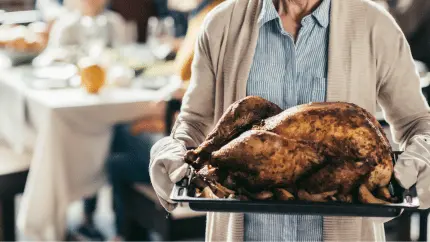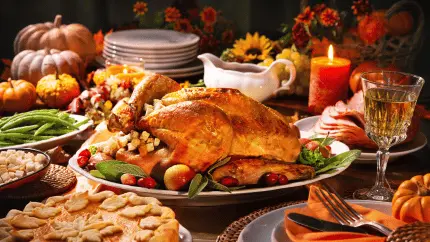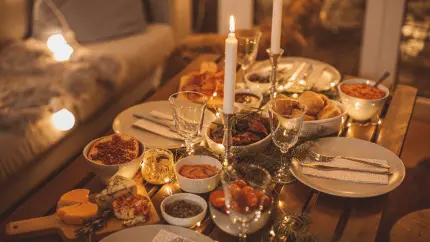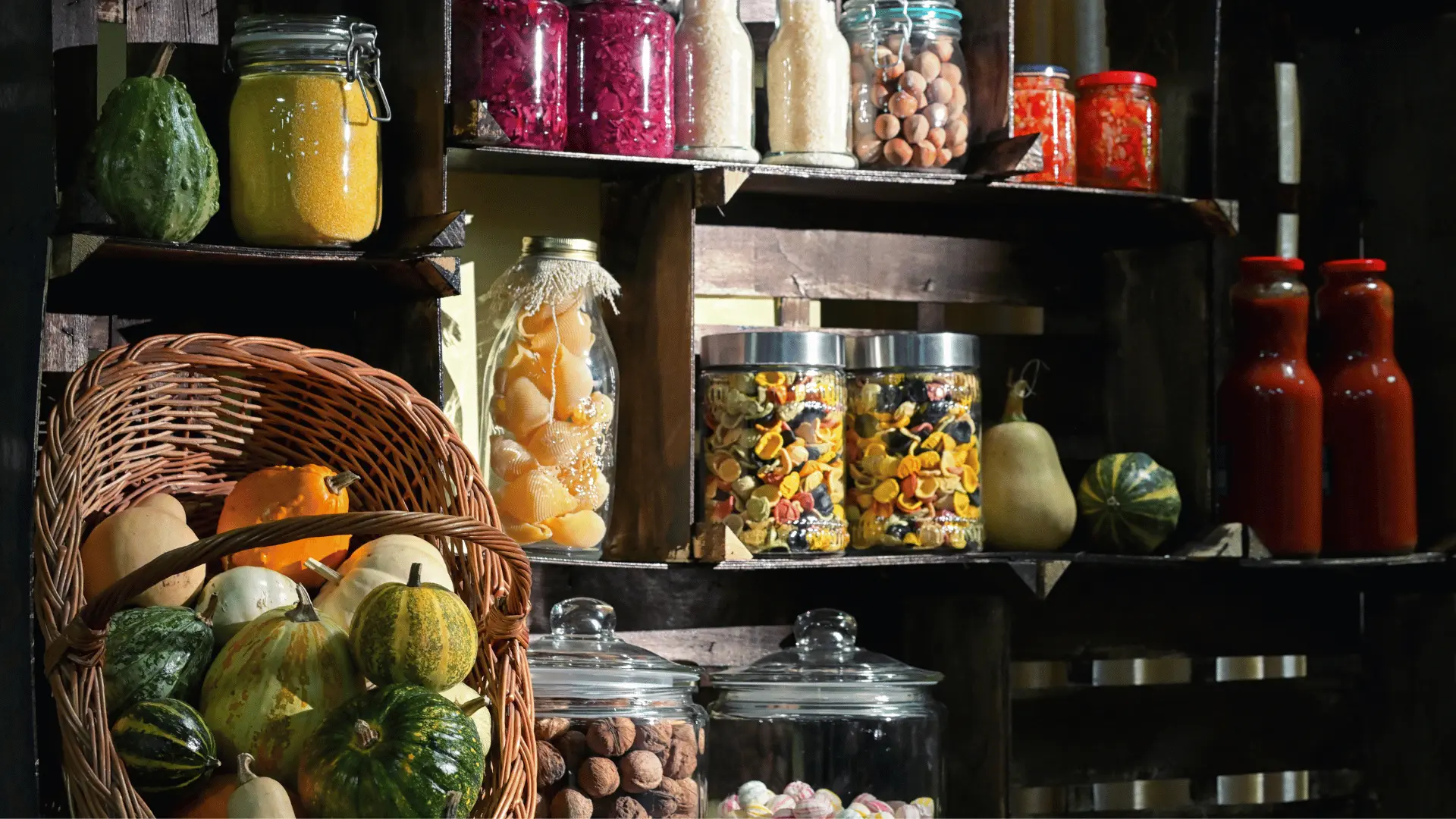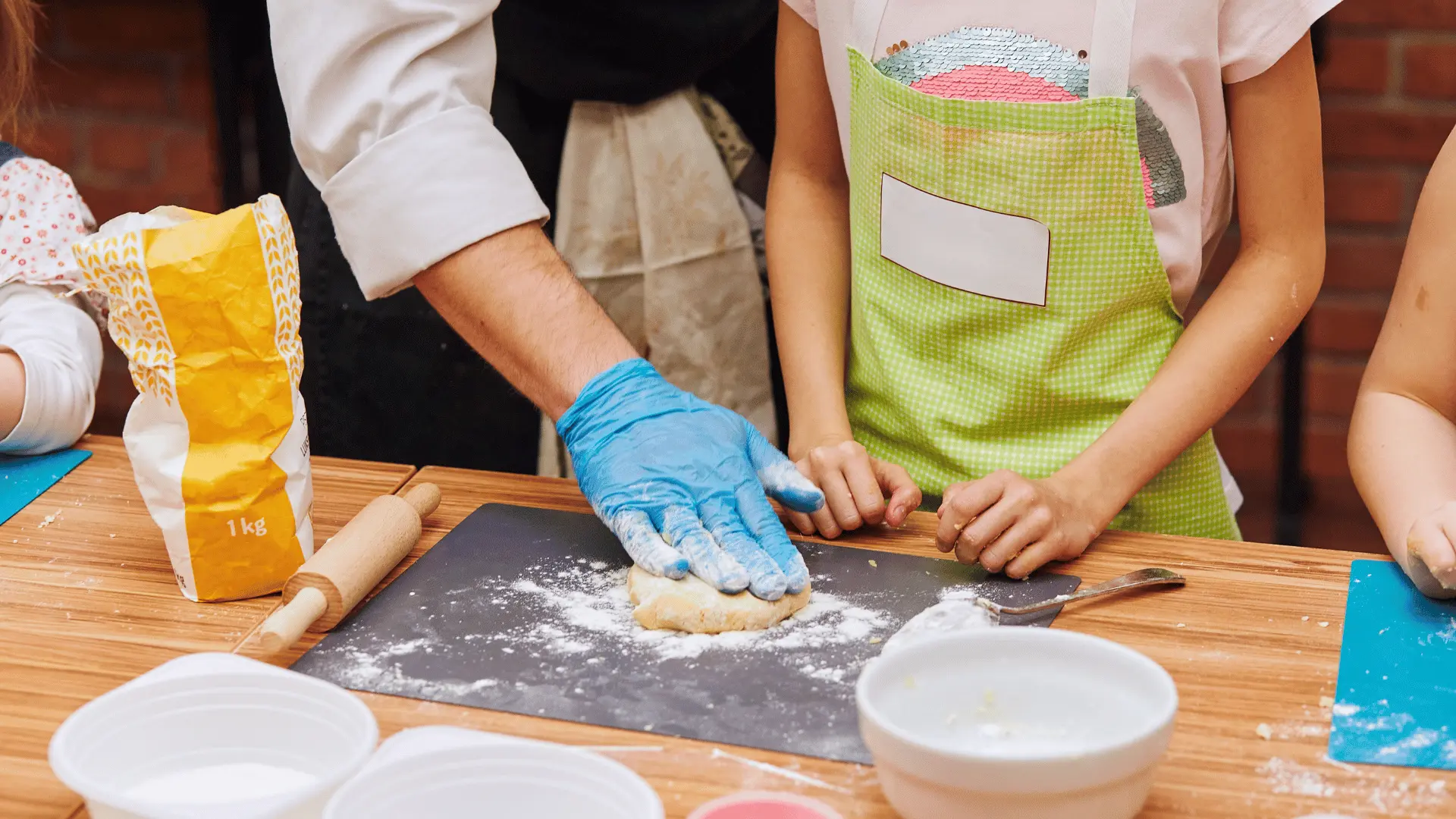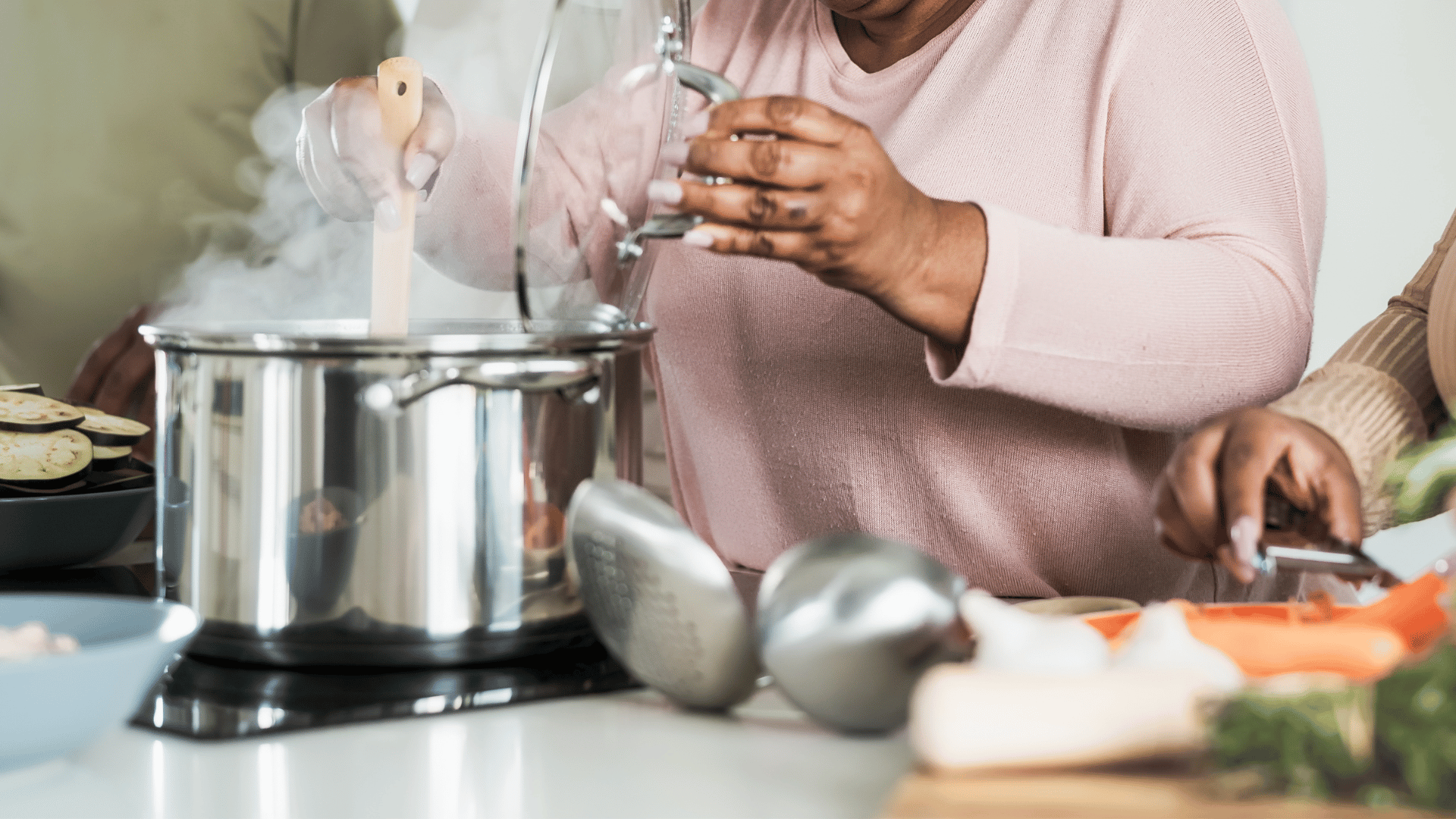
5 Questions to Ask Your Parents This Thanksgiving About Recipes You’ll Want Later
Thanksgiving isn’t just about turkey and stuffing—it’s about gathering, remembering, and passing traditions from one generation to the next. Every dish on the table carries a piece of your family’s story, whether it’s Aunt Linda’s pumpkin pie or Dad’s mashed potatoes that always come out just right. But here’s the hard truth: unless you ask, those recipes and the stories behind them risk being lost over time.
That’s why this Thanksgiving is the perfect opportunity to sit down with your parents (or grandparents, aunts, uncles—whoever does the cooking magic in your family) and ask them the kinds of questions that keep those recipes alive. Food is more than sustenance—it’s memory, heritage, and connection. And by asking the right questions, you can capture not just the how of cooking, but the why behind it.
Why Ask These Questions Now?
We often assume we’ll always have time to gather recipes later, but life has a way of moving faster than we expect. Holidays are the rare moments when families come together around the same table, and that makes Thanksgiving the ideal time to preserve food traditions. By asking thoughtful questions, you’re not only ensuring the recipes themselves live on—you’re recording the memories and stories that give them meaning.
Here are five questions to ask your parents this Thanksgiving that will help you build your family’s food legacy.
1. “What’s the Story Behind This Dish?”
Every recipe has an origin story. Maybe the green bean casserole became a tradition because it was easy to make when times were tough. Maybe the cranberry relish was passed down from your great-grandmother who grew up in New England. Or maybe Dad just found it in a magazine one year and it stuck. Asking this question uncovers more than ingredients—it uncovers your family’s food folklore.
By learning the backstory, you transform an ordinary recipe into a treasured heirloom. The story adds flavor beyond what’s on the plate. When you eventually share the dish with your own family, you’ll be able to say, “Did you know Grandma first made this in 1963 when…”—and suddenly, the meal becomes a story worth retelling.
2. “How Did You Learn to Make It?”
Recipes are often passed down like oral traditions, tweaked along the way. Asking how your parents learned to make a dish connects you directly to previous generations. Was it Grandma teaching Mom how to roll out pie dough? Was it Grandpa experimenting on a backyard grill? Or maybe your parents learned by watching cooking shows or leafing through handwritten cards from relatives.
Knowing the lineage of a recipe helps you understand its importance and gives you a chance to honor the people who came before. It also shows how traditions evolve—recipes aren’t frozen in time; they’re living, breathing heirlooms shaped by each generation that cooks them.
3. “Do You Ever Change the Recipe?”
It’s rare that a family recipe stays exactly the same forever. Your mom might admit she always adds a little extra cinnamon to the apple pie. Your dad might confess that his stuffing recipe started with boxed mix before he began experimenting. These adaptations are just as important as the original recipe, because they show how your family has personalized traditions over time.
This question is also a great way to discover tips and tricks that might not be written down anywhere. A dash of this, a pinch of that, or a secret ingredient that makes the dish uniquely yours. Those little adjustments are part of the story too—and they deserve to be preserved.
4. “When Do You Remember First Making This Dish?”
Food memories are powerful because they’re tied to moments in time. Asking when your parents first made a particular dish will bring up stories you might never have heard. Maybe it was the first Thanksgiving they hosted as newlyweds. Maybe it was the year the oven broke and they improvised. Or maybe it was the time they cooked for grandparents who have long since passed.
These moments matter. They tie the recipe to family milestones, making the dish more than a set of instructions. They make it part of the family’s emotional history—something that can be felt every time the dish is cooked again.
5. “Why Is This Dish Important to You?”
This might be the most important question of all. Recipes endure because they matter to someone. Asking why gives your parents a chance to share their emotions around the dish. Maybe it reminds them of their childhood home. Maybe it’s the one recipe they always felt proud of making. Or maybe it represents resilience, creativity, or love during hard times.
Understanding why a recipe matters ensures that you don’t just preserve the food—you preserve the meaning. Years from now, when you’re making that same dish, you’ll carry the emotion with you and pass it along to the next generation.
Preserving the Answers
Once you’ve asked these questions, don’t let the answers fade away. Record them, write them down, or use a platform like Recipe Memory to save both the recipes and the stories. You can upload photos of handwritten recipe cards, record audio clips of your parents explaining their methods, or even capture video of them cooking in action. The goal is to create a digital family cookbook that preserves both the flavors and the feelings behind them.
By combining recipes with stories, you build an archive that future generations can access anytime. Instead of saying, “I wish I’d asked,” you’ll be able to say, “I’m so glad I did.”
Why Thanksgiving Is the Perfect Time
Thanksgiving is the holiday most centered on food, family, and gratitude. It’s when recipes take center stage, and when generations gather in one place. The smells, the tastes, the laughter—it’s all fertile ground for storytelling. By asking these questions during Thanksgiving, you’re capturing stories at the very moment they’re being lived.
And the best part? These conversations often spark more memories. One story leads to another, and before you know it, you’ve uncovered a family history you didn’t even know was hiding in the mashed potatoes.
Key Takeaway
This Thanksgiving, don’t just pass the gravy—pass the stories. Use the holiday to ask your parents about the recipes that define your family, and preserve them while you can. With Recipe Memory, you can turn those conversations into a living, digital heirloom that future generations will treasure.
Because when the turkey is gone and the pie is finished, what lingers isn’t just the food—it’s the story behind it. And those stories deserve to be told, again and again, at tables for years to come.
Love what you’re reading?
Join Recipe Memory today to save your favorite recipes, plan meals with ease, and create smart grocery lists ...all in one place.
